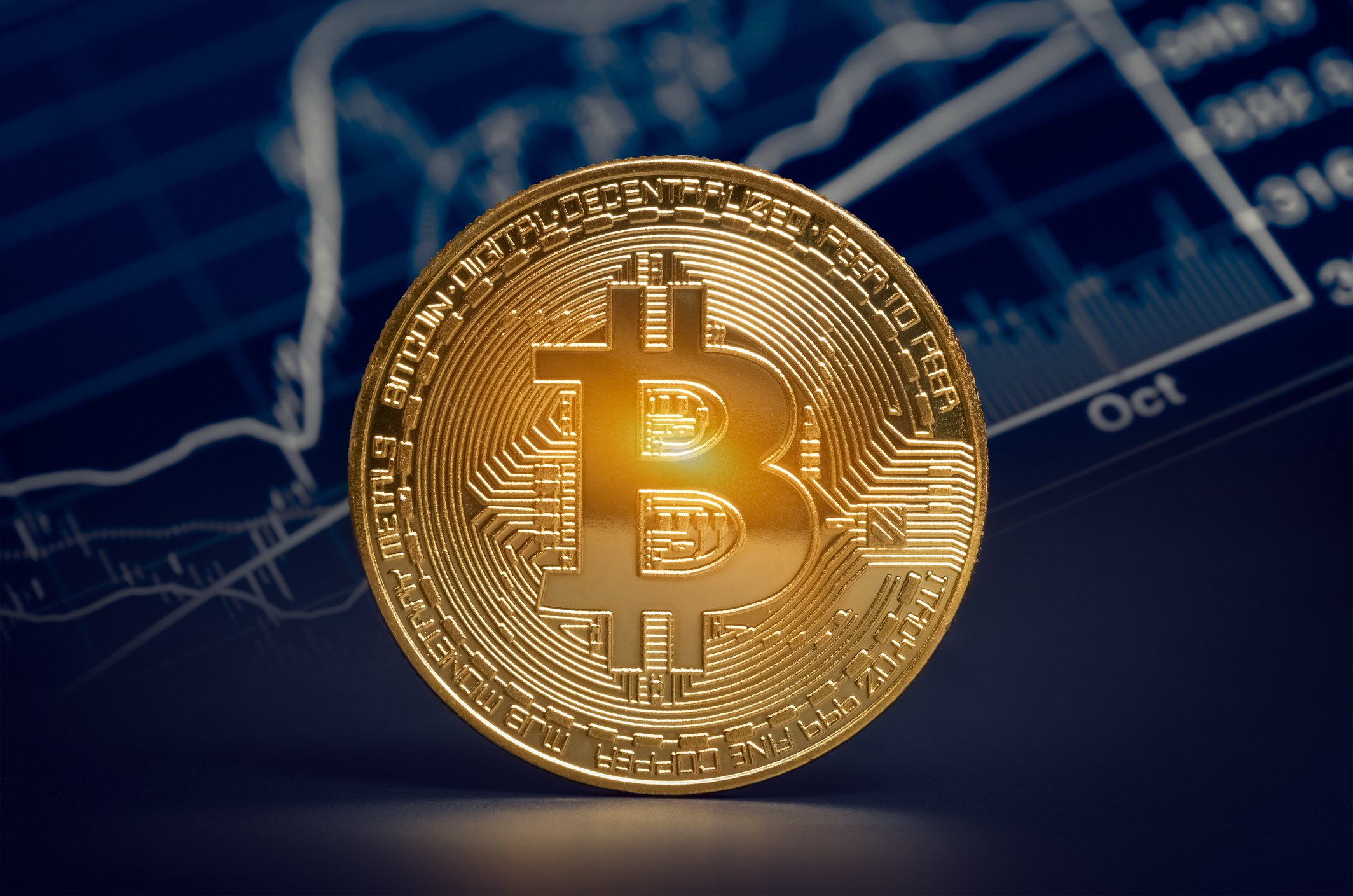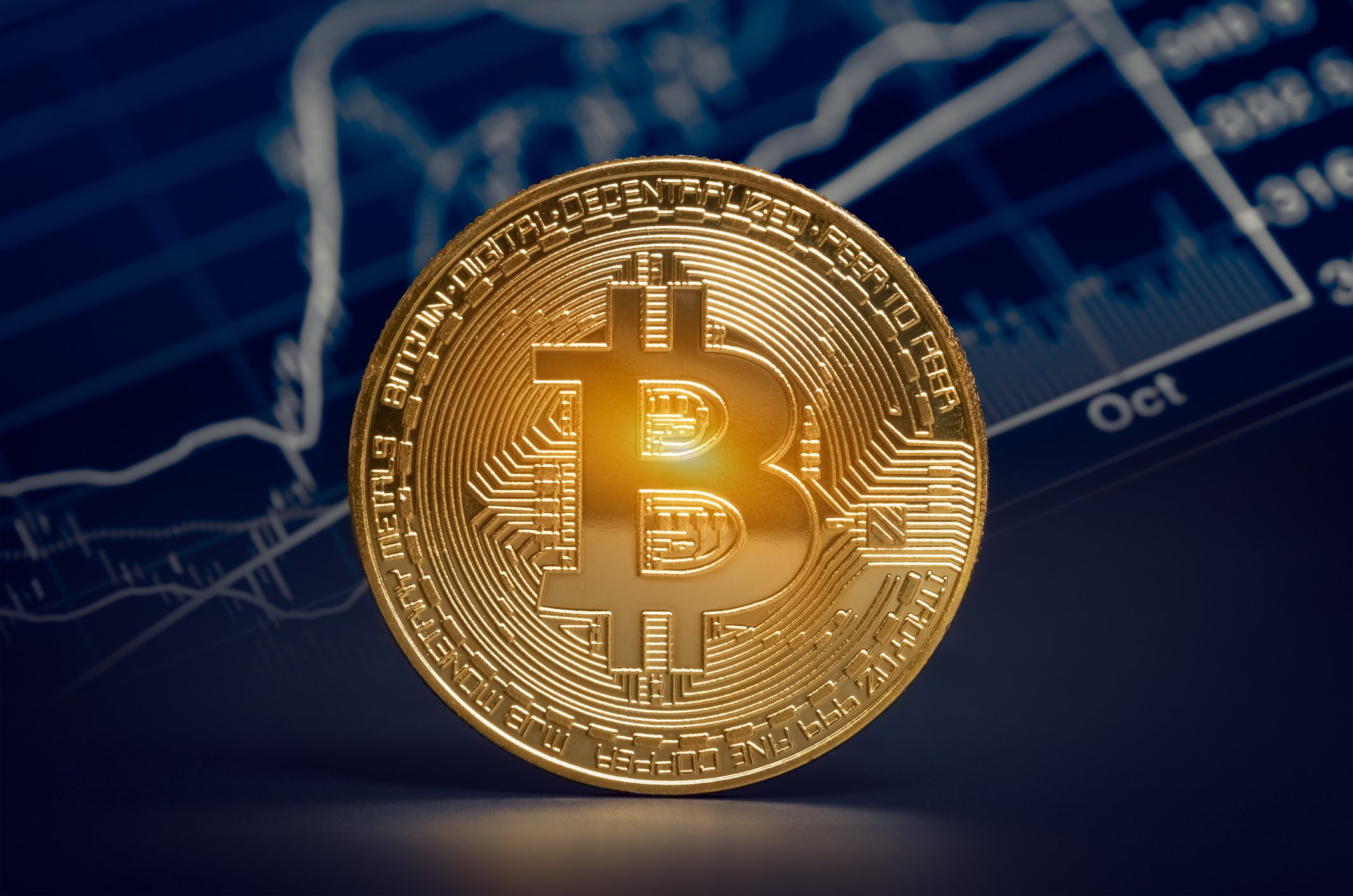Bitcoin (BTC +0.74%) soared past $117,000 on Oct. 1, erasing September's losses. Meanwhile, the U.S. government shut down for the first time in seven years, after lawmakers failed to agree on a temporary spending bill. Both gold and the S&P 500 set new record highs, though only time will tell whether the surge comes in spite of the government shutdown or because of it.
Some commentators say this supports Bitcoin's safe-haven status, but that isn't necessarily what happened here. The fact that stocks also rose could suggest other factors are at play. For example, there's optimism around traditional gains in so-called "Uptober" as well as potential rate cuts. Plus, the Internal Revenue Service eased crypto treasury rules, which could reduce corporate crypto tax bills.

Image source: Getty Images.
How the shutdown could affect crypto investors
Previous government shutdowns have not had a huge effect on financial markets, particularly for long-term investors. As a cryptocurrency investor, here are a few potential shutdown consequences to have on your radar.
1. A longer shutdown could reduce investor appetite for risk
There are two ways that the current shutdown could affect consumer sentiment. The first is if it drags on for a long time. The last shutdown, which began in December 2018, extended 35 days and was the longest the U.S. has ever seen. A repeat could put even more pressure on the economy and reduce confidence in U.S. markets.
The second is if the shutdown leads to federal job layoffs, rather than the furloughs we've seen before. Vice President JD Vance told reporters that this possibility becomes more likely the longer the shutdown continues.
For crypto investors, there are two opposing forces at play. Faltering confidence in the dollar might push people toward alternative assets. However, people are less likely to buy Bitcoin or other risky assets when they are worried about how to cover the essentials.
2. A shutdown could delay spot crypto ETF approvals
Anticipation about approval from the Security and Exchange Commission for a flurry of crypto ETFs has been building for months -- even more so since mid-September, when the SEC said it would follow a streamlined generic listings process rather than approving each one individually. However, the SEC is unlikely to be able to approve new crypto ETFs when it's operating with a skeleton staff, no matter how simple the process.
3. It may test Bitcoin's digital gold narrative
Crypto enthusiasts have long touted Bitcoin's potential as a form of digital gold -- a safe haven during times of crisis. As a decentralized, independent asset, it does have a lot in common with gold. However, it is still a relatively new asset, and its price can be extremely volatile. Bear in mind that Bitcoin fell by over 64% in 2022 on the back of Fed rate increases that triggered exchange failures.
Bitcoin has matured a lot in recent years, particularly since the approval of spot Bitcoin ETFs attracted huge inflows of institutional funds. The gridlock in Washington could put pressure on the dollar and increase economic uncertainty. That makes it a good time to see whether it can live up to its safe-haven potential.
Rate cut optimism could be behind Bitcoin's initial shutdown surge
Investors were already hopeful that the Fed would cut rates at its October meeting. Following the shutdown, they are almost certain. The CME FedWatch tracker now puts the likelihood of a cut this month at 99%. Rate cuts have historically been positive for cryptocurrency prices, as they add liquidity to the market and make riskier assets more appealing.

CRYPTO: BTC
Key Data Points
The difficulty here is that the shutdown could delay the publication of the key economic data that the Fed relies on to make its decisions. The lack of jobs and inflation data could make it harder for officials to get a clear picture. This can also add to volatility, as markets can't use public data to prepare for potential Fed moves.
How Bitcoin behaved in previous shutdowns
There have only been three government shutdowns since Bitcoin's launch in 2009. Bitcoin's price fell during the shutdowns of 2018 and 2019. However, it would be misleading to read too much into the data, given how much the industry has matured in the past seven, or even 12, years.
| Date Start | Date End | Percentage Change in Bitcoin Price |
|---|---|---|
| Dec. 21, 2018 | Jan. 25, 2019 | -12% |
| Jan. 19, 2018 | Jan. 22, 2018 | -7% |
| Sept. 30, 2013 | Oct. 17, 2013 | +15% |
Data source: CoinGecko.
It is important to look at the government shutdown in a wider economic context. Right now, the prospect of rate cuts and IRS rules that favor crypto treasury companies may have had a bigger effect on crypto prices. But if the shutdown continues, this could dent confidence and drive investors away from risky assets.





